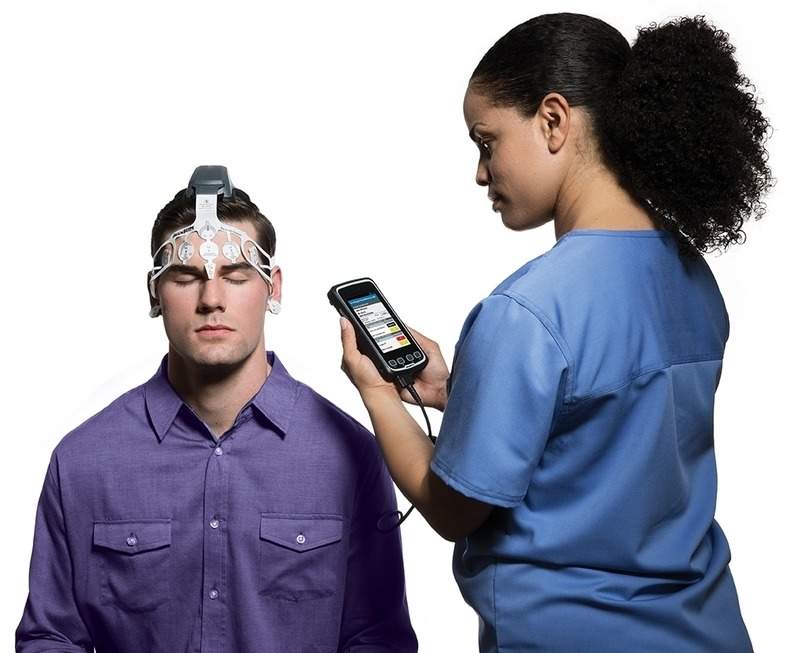Neuro-technology company BrainScope has secured clearance from the US Food and Drug Administration (FDA) to include new indication language for its BrainScope One concussion assessment device.

Image: BrainScope One system. Photo: Courtesy of BrainScope Company Inc
BrainScope stated that the clearance will let the company to add key terminology related to ‘multi-modal, multi-parameter assessment’ of ‘concussion’ and ‘mild Traumatic Brain Injury’, as well as an expanded and clarified overall IFU.
The BrainScope One system uses electroencephalogram (EEG) signal to determine the presence and severity of a concussion, besides being able to identify patients who may have brain bleeding.
The capabilities of the device are summarized on a penal of multimodal, multi-parameter results, greatly facilitating clinical concussion assessment.
BrainScope CEO Michael Singer said: “This additional FDA labeling for our product, BrainScope One, recognizes the unique capabilities of our FDA-Cleared medical device with labeling distinctively and specifically for this particular disease state. Years ago in working with our partner, the Department of Defense, we realized and learned from them the importance of multi-modality and objectivity.
“Combining a full range of concussion assessment capabilities on one handheld platform provides the clinician a timely and easy-to-use tool for collecting the objective data they need to facilitate their clinical diagnosis, right then and there, for this debilitating brain disease state.”
BrainScope’s One is a multi-modal, multi-parameter panel of assessment capabilities including EEG-based technology that is non-invasive for mildly presenting head-injured patients, 18-85 years old, within 3 days after injury. It is not a replacement to CT scan.
The platform integrates databases of thousands of brainwave recordings with AI technology and miniaturized hardware and disposable headset sensors. The company has received six FDA clearances and ISO 13485 Certification.
The company also claimed that recent papers authored by third parties show that the product has a potential to decrease unnecessary head CT scans by one-third, to reduce head injury referrals to hospital emergency departments by up to 75%.
